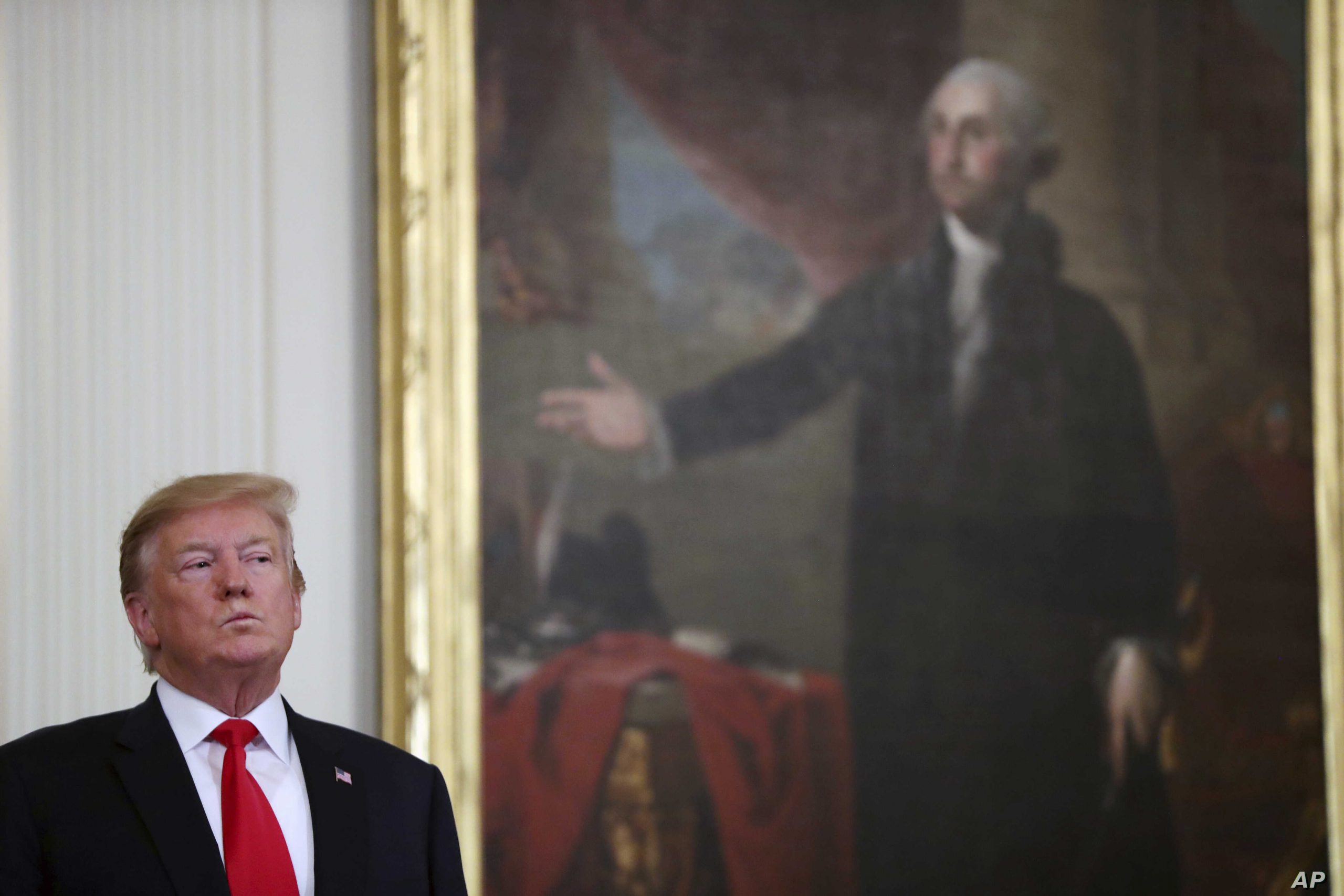In 2016, President Trump spent a decent chunk of his campaign rallies preaching about the power of tax cuts for American corporations and business owners as a part of what economists typically refer to as “Trickle-Down Economics.” Trump’s administration got tax cuts through a Republican congress in 2017 and Trump continued to focus on one metric to “prove” his policies were making America great – the value of the stock market.
Now, forced to change his tune on the coronavirus outbreak as U.S. infection rates and death tolls continue to rise, Trump is sounding a lot more like Andrew Yang and is lobbying his republican counterparties in congress to pass a $1 trillion fiscal stimulus package that would include $1,000 checks to qualifying Americans. Senate Majority leader Mitch McConnell said his chamber would pass a multibillion dollar emergency spending bull to be cleared by the house on Saturday. McConnell is telling his less thrilled Republican colleagues to “gag and vote for it anyway.”
Some republicans (including Trump until very recently) believe that the FED should bear the burden of stimulating the economy to stave off a coronavirus recession, but after two emergency rate cuts in two weeks leaving the Federal Funds target rate sitting at 0-0.25% and the FED beginning purchases of $700 billion in U.S. treasuries and mortgage backed securities, they’re starting to realize that fiscal stimulus might be their last hope of keeping a recession at bay and winning reelection this fall.
Trump is taking heat this week for putting his political future in front of the safety of his people as he tried to downplay the potential impact of the virus and convince Americans that the record losing days for the major stock indices were just blips and they would pop right back up soon. For one, this shows how sensitive Trump is to putting on a good show with the stock market. Secondly, its important to note that his attempt to calm the public wasn’t a bad idea – just the wrong approach. Instead of helping people prepare for fallout from the disease, he tried to sweep it under the rug (similar to China’s ruling party).
As Trump fought his tariff wars over the last couple years, the global economy was on the brink of dropping into a recession, but the U.S. experienced solid growth thanks to strong consumer confidence. This partially resulted from the “wealth effect” of consumers observing high growth in their 401k and other investments making them feel more financially comfortable, and boosting their willingness to make purchases. Along with the natural slowdown stemming from social distancing measures, our economy is threatened if people’s confidence begins to erode and they stop spending to save for a rainy day. That’s why Trump is pushing for Trickle-Up economics by handing out cash to consumers – he needs people to keep spending money so that a strong stock market rebound is more likely this year and he can preserve his chances at a second term.
